Filter by
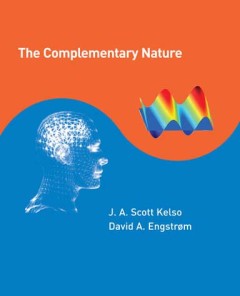
The Complementary Nature
"A Bradford book."Why do we divide our world into contraries? Why do we perceive and interpret so many of life's contraries as mutually exclusive, either/or dichotomies such as individual~collective, self~other, body~mind, nature~nurture, cooperation~competition? Throughout history, many have recognized that truth may well lie in between such polar opposites. In The Complementary Nature, Scott …
- Edition
- -
- ISBN/ISSN
- 9780262316286
- Collation
- 1 online resource (xviii, 317 pages) :illustrations
- Series Title
- -
- Call Number
- -
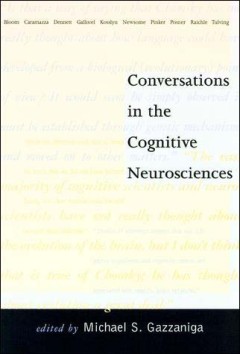
Conversations in the Cognitive Neurosciences
Conversations in the Cognitive Neurosciences is a brief, informative yet informal guide to recent developments in the cognitive neurosciences by the scientists who are in the thick of things.
- Edition
- -
- ISBN/ISSN
- 9780262286893
- Collation
- 1 online resource (viii, 193 pages) :illustrations
- Series Title
- -
- Call Number
- -
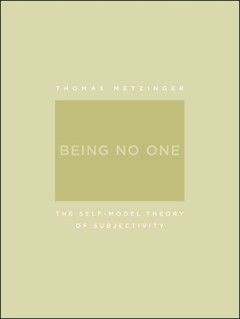
Being no one :the self-model theory of subjectivity
"A Bradford book."According to Thomas Metzinger, no such things as selves exist in the world: nobody ever had or was a self. All that exists are phenomenal selves, as they appear in conscious experience. The phenomenal self, however, is not a thing but an ongoing process; it is the content of a "transparent self-model." In Being No One, Metzinger, a German philosopher, draws strongly on neurosc…
- Edition
- -
- ISBN/ISSN
- 9780262279727
- Collation
- 1 online resource (xii, 699 pages)
- Series Title
- -
- Call Number
- -
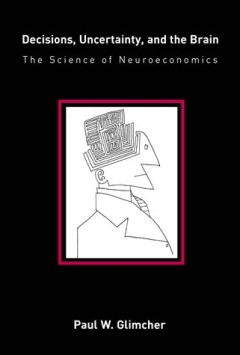
Decisions, Uncertainty, and the Brain: The Science of Neuroeconomics
"A Bradford book."In this provocative book, Paul Glimcher argues that economic theory may provide an alternative to the classical Cartesian model of the brain and behavior. Glimcher argues that Cartesian dualism operates from the false premise that the reflex is able to describe behavior in the real world that animals inhabit. A mathematically rich cognitive theory, he claims, could solve the m…
- Edition
- -
- ISBN/ISSN
- 9780262273930
- Collation
- 1 online resource (xx, 375 pages) :illustrations
- Series Title
- -
- Call Number
- -
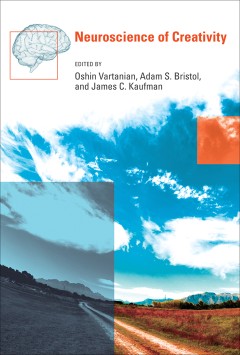
Neuroscience of creativity
This volume offers a comprehensive overview of the latest neuroscientific approaches to the scientific study of creativity. In chapters that progress logically from neurobiological fundamentals to systems of neuroscience and neuro-imaging, leading scholars describe the latest theoretical, genetic, structural, clinical, functional, and applied research on the neural bases of creativity.OCLC-lice…
- Edition
- -
- ISBN/ISSN
- 9781461943266
- Collation
- 1 online resource (xv, 314 pages) :illustrations (some color).
- Series Title
- -
- Call Number
- -
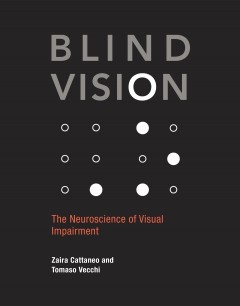
Blind Vision: The Neuroscience of Visual Impairment
Can a blind person see? The very idea seems paradoxical. Here the authors examine the effects of blindness and other types of visual deficit on the development and functioning of the human cognitive system.OCLC-licensed vendor bibliographic record.
- Edition
- -
- ISBN/ISSN
- 9780262295819
- Collation
- 1 online resource (269 pages) :illustrations
- Series Title
- -
- Call Number
- -
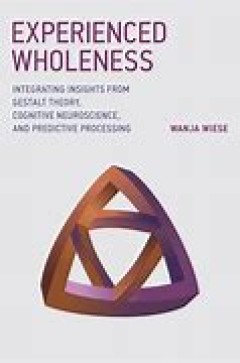
Experienced Wholeness: Integrating Insights from Gestalt Theory, Cognitive Ne…
An interdisciplinary account of phenomenal unity, investigating how experiential wholes can be characterized and how such characterizations can be analyzed computationally. How can we account for phenomenal unity? That is, how can we characterize and explain our experience of objects and groups of objects, bodily experiences, successions of events, and the attentional structure of consciousness…
- Edition
- -
- ISBN/ISSN
- 9780262343275
- Collation
- 1 online resource
- Series Title
- -
- Call Number
- -

The neurocognitive theory of dreaming :the where, how, when, what, and why of…
"An up-to-date synthesis of the neurocognitive theory of dreaming as presented by its founder"--OCLC-licensed vendor bibliographic record.
- Edition
- -
- ISBN/ISSN
- 0262370883
- Collation
- 1 online resource.
- Series Title
- -
- Call Number
- -

Intrusive thinking :from molecules to free will
"This volume explores the neurological and behavioral mechanisms and processes involved in intrusive thinking and suggests avenues for future clinically relevant research"--OCLC-licensed vendor bibliographic record.
- Edition
- -
- ISBN/ISSN
- 0262363666
- Collation
- 1 online resource (xvi, 455 pages) :illustrations.
- Series Title
- -
- Call Number
- -

Reason and less :pursuing food, sex, and politics
"New theoretical model of human reasoning proposed by a leading researcher in the cognitive neurosciences. Explains why people are never fully rational in their decision-making"--OCLC-licensed vendor bibliographic record.
- Edition
- -
- ISBN/ISSN
- 0262369702
- Collation
- 1 online resource.
- Series Title
- -
- Call Number
- -
 Computer Science, Information & General Works
Computer Science, Information & General Works  Philosophy & Psychology
Philosophy & Psychology  Religion
Religion  Social Sciences
Social Sciences  Language
Language  Pure Science
Pure Science  Applied Sciences
Applied Sciences  Art & Recreation
Art & Recreation  Literature
Literature  History & Geography
History & Geography